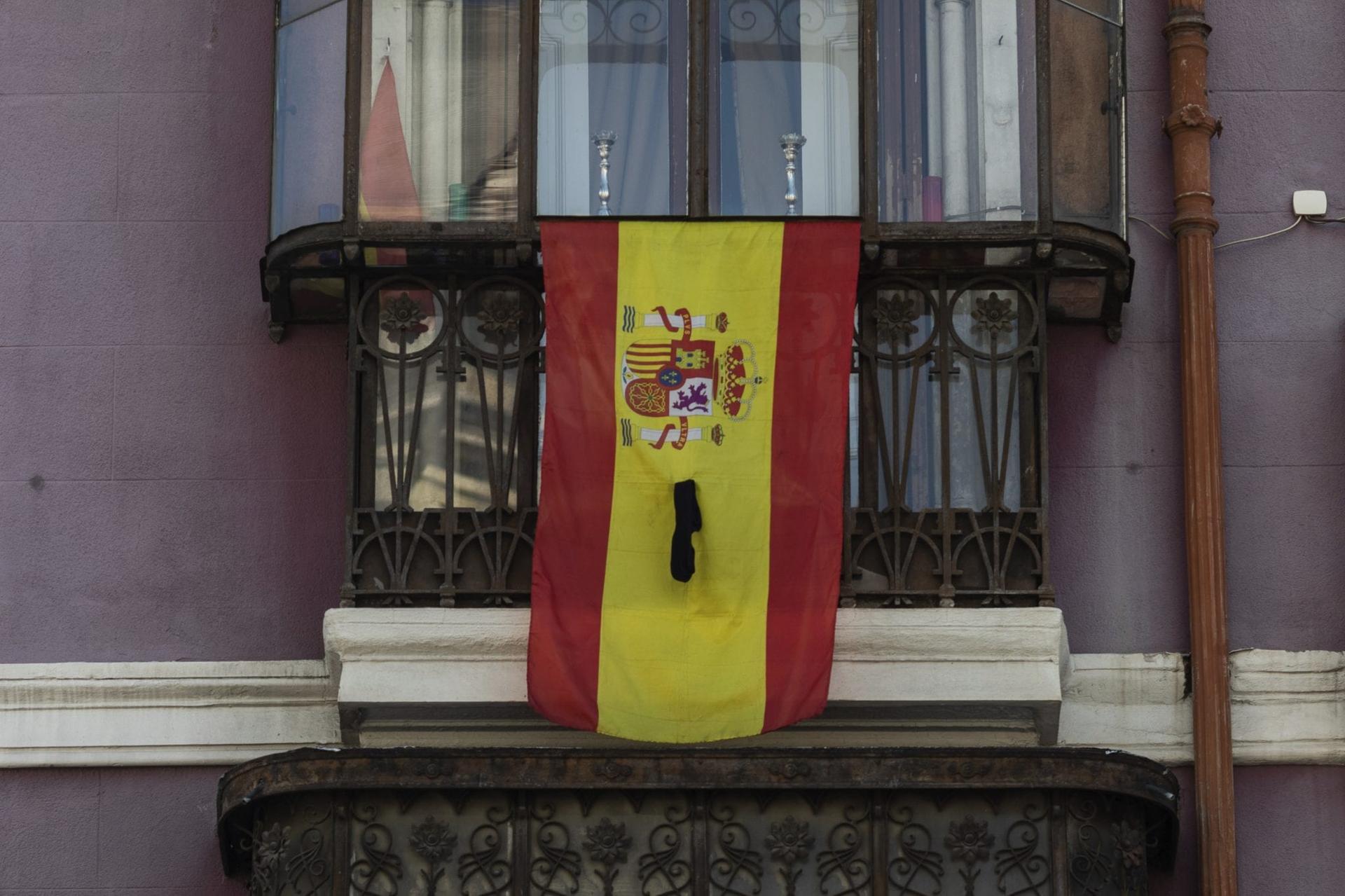ROSARIO, Argentina – A Spanish association that advocates for a secular Europe is calling for proposed legislation on the protection of children to specifically target the Catholic Church, claiming that it has “for years protected” child abuse.
“The Catholic Church is an institution that has protected for years in its internal regulations the so-called pontifical secret in cases of child abuse and the sexual abuse of minors,” says the campaign of Europa Laica.
They argue this is “a moral debt that the Catholic Church, and the public authorities that affirmed it, have to the thousands of children who have been humiliated for years.”
The bill – called the Protection of Children and Adolescents against Violence – “cannot bury with silence … or with a regulation that does not prevent the repetition” of the suffering of the victims of clerical sexual abuse.
Europa Laica released its statement on Tuesday, urging parliamentary groups to take advantage of the bill to “introduce amendments so that the law specifically contemplates the obligations of religious confessions, and especially the Catholic Church, for the prevention of child abuse and the sexual abuse of minors that has been so widespread in religious institutions.”
Europa Laica is a Spanish state association founded in 2001. Its headquarters are in Madrid and it has partners in all the Spanish provinces and in some other European countries.
They call for the establishment of the “legal, political and social conditions for the full development of freedom of conscience, the basis of Human Rights.”
The group claims to defend “ideological pluralism” and calls for a legal framework that protects the state from the “interference” of religious institutions.
Among other things, they advocate for the removal of all religious symbols from public places, including health care centers and Catholic schools. The group also wants Spain to tear up its treaties with Holy See and repeal the country’s laws against blasphemy and offending religious sentiment.
Last December Pope Francis essentially abolished the requirement of pontifical secrecy for clerical sexual abuse cases, which means that robust cooperation with civil authorities is now a cornerstone, not only of Church practice, but also Church law.
RELATED: Ending pontifical secret a milestone, but there’s accountability beyond law
However, according to Europa Laica, the lifting of the secret ordered by Francis is not enough, since “this secret is still protected and reserved until the very moment that civil justice requires” the Church to cooperate. Furthermore, they add, Church officials respond to such requests with “reluctance and delays in many cases to comply with it.”
They argue that the Church should be the one to initiate collaboration with civil authorities, and the Church should denounce clerics accused of abuse as well as being forthcoming about abuse cases.
“Therefore, the obligations of prevention and protection that the bill contemplates are not complied with,” by the Church.
Europa Laica urges parties with parliamentary representation to “regulate the specific obligation of collaboration and prevention of sexual abuse by religious confessions, and establish that none of its internal regulations can contravene the obligations of the law, including the so-called secret of confession.”
The group also request the bill to “incorporate an exhaustive prohibition provision to spread among minors any type and form of religious indoctrination against sexual freedom and the affective diversity of people, sexual equality, or with homophobic doctrines.”
Two top Spanish cardinals have praised the bill on the protection of children and adolescence as it now stands. It is ready to begin its way through parliament after it was halted by the 2019 elections and the COVID-19 coronavirus pandemic.
Cardinal Carlos Osoro of Madrid sent out a Tweet on June 11 saying that “the measures to support and protect the most vulnerable are good news. Let’s not leave anyone lying on the road.”
The Cardinal Archbishop of Barcelona and President of the Spanish Bishops Conference, Juan José Omella said that he valued the measure as “important,” as children must be protected from abuse, though he recalled the importance of the family in this process and urged the government not to forget that the education of children is primarily the responsibility of their parents and the government is not to “meddle too much.”
Most of the criticism the bill has faced so far comes from within the coalition government. Specifically, the leadership of PSOE, the Spanish Socialist Workers’ Party that is currently in government with Podemos, a left-leaning party.
The leadership of Europa Laica is closely associated with the PSOE.
The so-called “Alliance against the erasure of women” — which includes high-ranking members of PSOE — released a statement earlier this month accusing Podemos of ignoring the specific sexual violence women suffer from birth.
The Alliance said the bill is an attempt “legalize concepts – such as gender identity – that do not have social or academic acceptance.” They also accuse the draft legislation of confusing the difference between sex and gender and said it “denies the material reality of sex that is at the origin of violence and discrimination suffered by girls and adolescents. This is a setback of years.”
Follow Inés San Martín on Twitter: @inesanma












